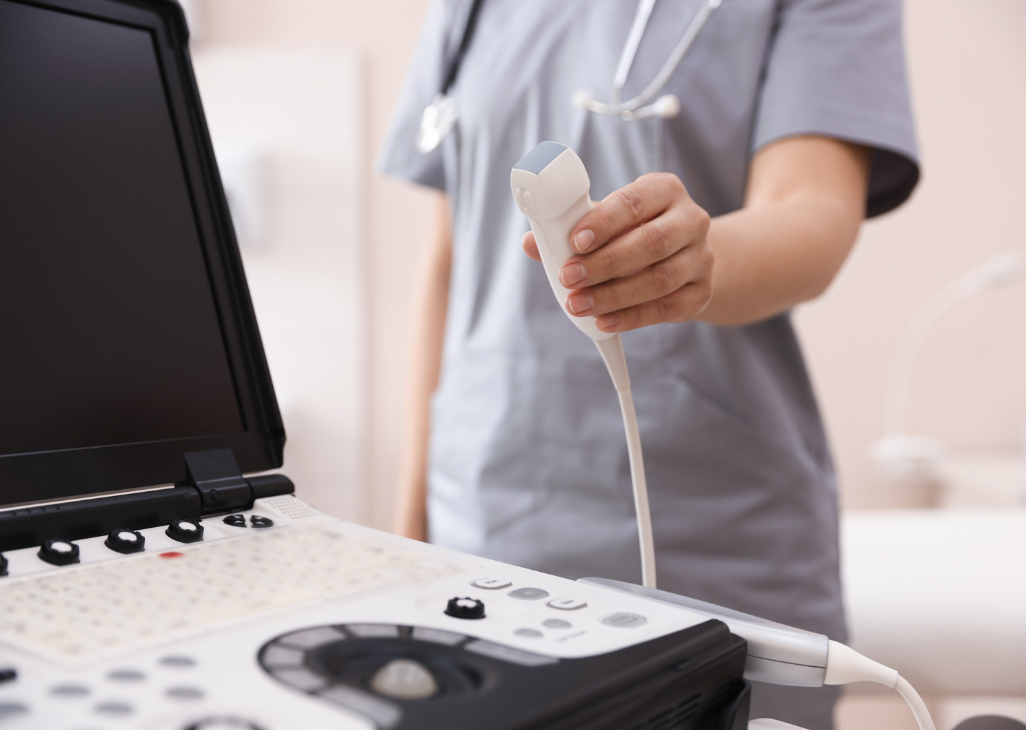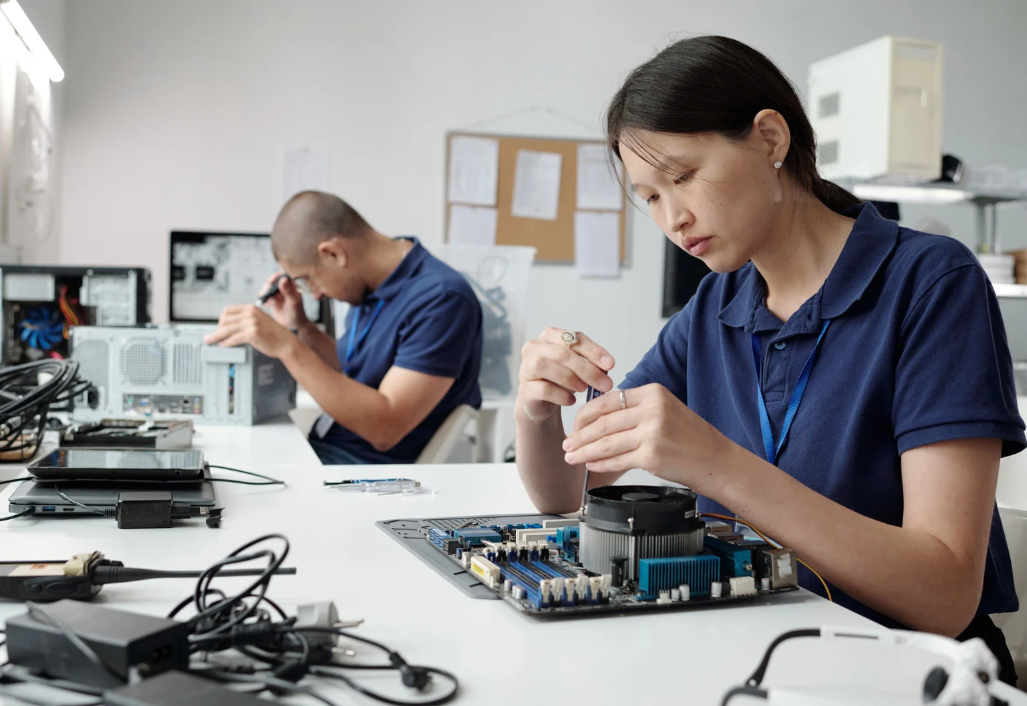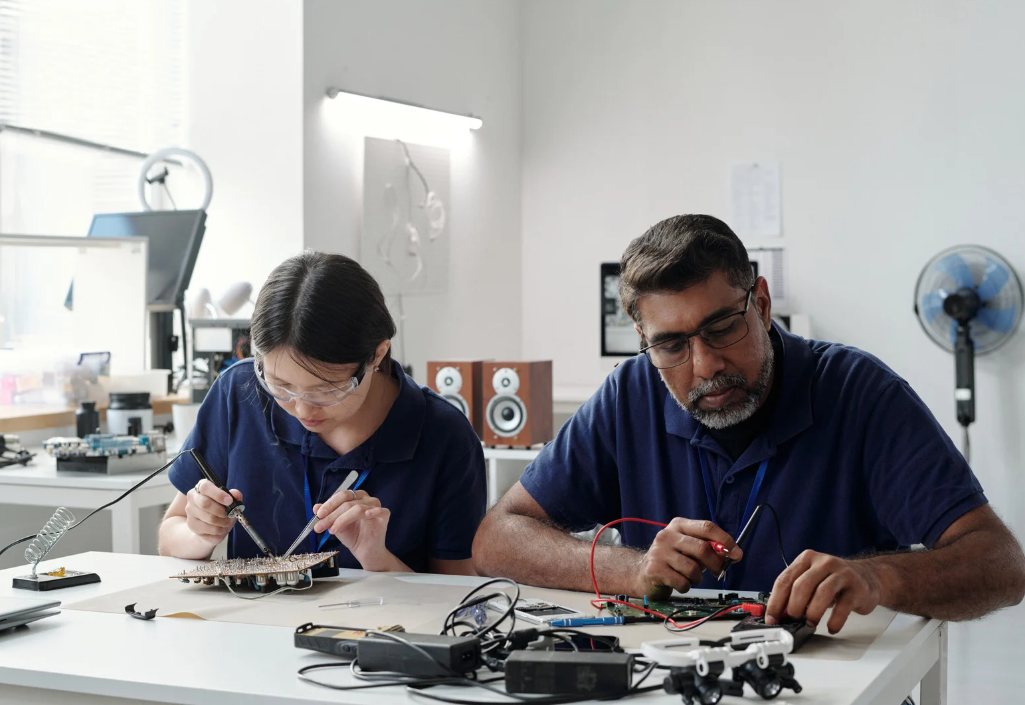Piezoelectric transducers are components that can convert any form of pressure or mechanical stress into electrical energy, and vice versa. To understand the applications and possibilities for piezo transducers, we must first understand the two components that make up a PST transducer. The term piezoelectric refers to electricity caused by physical pressure. Piezoelectric transducers are able to measure these physical energies and convert it to a proportional form of electrical energies or electrical signals. Piezo transducers then use the converted readable measure of electrical output to generate physical displacement.

The two components behind piezo transducers are piezoelectric sensors and piezoelectric actuators. Piezoelectric transducers can be described as a combination of a piezo sensor and a piezo actuator. A piezoelectric sensor senses mechanical changes in the outside world – such as force, pressure, or acceleration – and translates them into a proportional electrical signal. A piezoelectric actuator can then subsequently convert the electrical signal into mechanical energy or physical movement. A PZT transducer performs both roles as the piezo sensor and piezo actuator. The piezo transducer converts mechanical changes into an electrical signal, then uses that signal to perform necessary mechanical changes and make fine adjustments.
Because piezoelectric materials are flexible to be manufactured into any shape, piezoelectric transducers have limitless possibilities in a broad range of potential applications. Piezoelectric sensors – the sensor component of the piezo transducer – are mostly used in measuring vibrations, acceleration, strain, force, and movement. Piezoelectric transducers can be used to measure these dynamic changes in places where mechanical adjustments need to be made after the electrical measurement has occurred. Any physical movement generated based on the electrical signal from the piezoelectric sensor is done through the piezo actuator component of the piezo transducer.

A common example of PZT transducers can be seen in the automotive and aerospace industries. Engine knock sensors, fuel injectors, lane assist, and automatic breaking are just a few places where piezo transducers are utilized. In vehicles and machines, piezoelectric transducers measure and sense liquid levels, flow rate, acceleration, and distance and are able to generate the necessary movements to keep the vehicle operating properly. The adjustments happen instantly based on the measurements taken from the piezo sensor component of the transducer.
Piezoelectric transducers are also commonly utilized in the healthcare industry. Ultrasound equipment utilizes piezo transducers by sending and receiving sound waves to monitor pregnancies and even perform non-invasive surgical procedures, such as finding and breaking up kidney stones. PZT transducers can also define accurate and specific droplet size for microdosing and nebulizers. Nebulizers and humidifiers are some of the most prominent medical applications for piezoelectric transducers. An electrical signal is applied to cause a mesh filter to vibrate, pushing water up through the mesh and releasing liquid vapor particles into the air or lungs. This is a type of piezoelectric actuator known as a piezo atomizer.

An excellent example of piezo transducers can be seen in charging devices for internet of things, or physical internet sensors that exchange data with other sensors. These piezoelectric sensors receive ultrasonic signals in the air through vibrations. The piezoelectric transducer then converts the mechanical energy into an electrical signal which charges the device through energy transmission.
Many everyday consumer products also utilize piezo sensors and piezo transducers, such as key fobs, microwaves, watches, alarms, PIN pads, and sliding doors. Piezoelectricity is a broad and beneficial resource, and the applications for piezoelectric transducers and piezoelectric sensors are endless. The combined power of piezo sensors and piezo actuators sets piezo transducers apart as one of the best tools in virtually any industry.
Please contact Piezo Direct at 650-375-7003 or [email protected] to learn more about custom piezo manufacturing.



